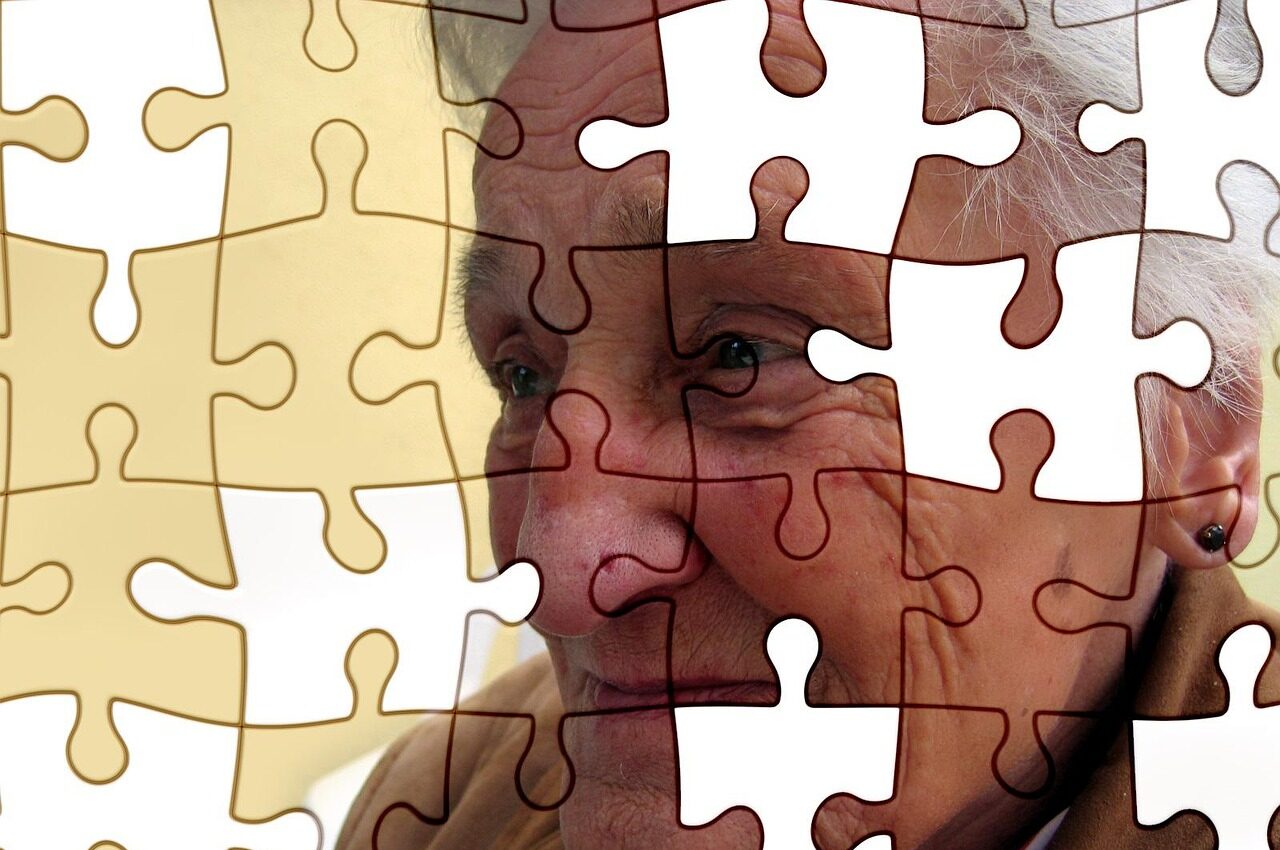Psychotherapy can be an effective treatment option for a wide range of different mental health conditions including anxiety, depression, and post-traumatic stress disorder. However, sometimes it doesn’t go as planned and may not be working as you had hoped. There are a lot of reasons that this could happen and identifying those reasons may help you determine what you can do moving forward to ensure progress.

There are some common reasons that therapy may be ineffective, most of which are easily addressable. Let’s look at these reasons and what they involve as well as how you may be able to change the problem into a solution.
1. Lack of Clear Goals
If you enter therapy without a clear reason to be there and what you want to accomplish with the psychotherapy sessions, then this can contribute to poor progress. During the first session or two, the therapist should work with you to set realistic goals that should help you see your progress. Measurable goals toward the end goal can help you stay on track, motivated, and encouraged throughout your therapy journey.
When the goals are not clear or when they are unrealistic, this can make it hard to determine whether progress is being made. For example, if you set a goal of never being anxious again, it is more likely to make you feel like you are not progressing at all because you are trying for something that is not entirely realistic.
Instead, you could set goals to learn a coping mechanism, practice mindfulness daily, and identify triggers for your anxiety. These types of goals can be measured to help you see that you are making progress that can help you achieve greater well-being. If you have not yet set goals in therapy, then mention that you want to work on developing clear goals in the next session.
2. Wrong Approach
Sometimes, a good therapist can take an approach that does not work for the specific client or circumstances. This can be easily manageable as well and is not necessarily the therapist’s fault. They may be using an approach that worked for others in the past, but just isn’t right for you. You may have concluded that therapy is ineffective just because certain therapeutic methods were not helpful.
Make sure that you bring up any issues about the approach to the therapist and they will most likely be happy to work with you to develop a better strategy. This approach should align with your goals, symptoms, personality, and ideals.
If you want to learn more about the different types of psychotherapy and what they can be used for, check out BetterHelp. They have tons of articles with information that can help you discuss the matter with your therapist or to find a therapist that utilizes an approach you prefer.
3. Too Generic
Having a therapist that works uniquely with you to develop a plan and to make progress is important. While there are effective methods that work for a wide variety of people, there is no single path that works for everyone. Everybody has different issues to work through and everyone will reach their goals differently. A therapist that understands this and works with you towards a personalized plan and approach is crucial to the success of the psychotherapy.
You may have a specific area that needs to be addressed first or you may do better starting with the big picture. Because of this, it is important to be open and honest with the therapist so that they can adapt their therapeutic methods for your unique needs and desires. Your primary concerns must be dealt with professionally to move forward.
4. Poor Perception of Therapy
Some people do not understand therapy, and that is okay. However, some perceptions or expectations about therapy can skew the results or efficacy of the sessions. Some people expect effortless results or benefits, but that is unlikely to occur with anyone in therapy. It takes time and it takes work and progress will not be made overnight.
Some may also see their therapist’s concerns as criticism or believe that guidance is controlling or unfair. Not only that, but the stigma that still surrounds mental health in many regions can change views about therapy and how it can be beneficial and helpful.
Try to pursue therapy with effort and motivation. It does take effort but can be highly effective if you do put in the work. If you are not progressing as well as you had hoped, communication is your best friend. Talk to your therapist and discover new paths or techniques to help you.
5. Wrong Therapist
No therapist is perfect, but there are certainly some that are better than others. Not only that, but a great therapist may not be the right therapist for you even though they have helped others reach their goals. It is important to choose someone that you can talk to openly and comfortably. Many people prefer a certain gender, age, or other traits that allow them to be more comfortable and discuss sensitive topics with more ease than they would be able to with someone else.
It is also okay if you choose a therapist that does not work for you. If that is the case, then talk to them. They may have a colleague that is better suited for your personal needs or will likely at least urge you to find a new therapist so that you can improve your life and mental health.
6. Resistance
It is possible to enter therapy without being ready to make the necessary changes to improve or to resist the adaptations that need to occur for progress. Furthermore, some mental health conditions can exacerbate or contribute to feelings of resistance to change. For example, depression can make it seem hopeless or pointless to put in the effort or to try therapy at all.
Try to enter therapy with an open mind and try to allow optimism to seep into your feelings about the sessions. Some people may even find it beneficial to look at the pros and cons of therapy. You may find that it is worth a shot even if you do not think it will work and then it could end up being beneficial as long as you put in the effort to give it a try.
Conclusion
There are a lot of reasons that therapy may not be working as planned, but these are some of the common ones. Regardless of the reason, it is a good idea to talk to your therapist. The more you open up and communicate, the more likely it is that you can get on the same page, set clear goals, and work with a personalized approach toward progress.

Photo Credit: iStock
The post 6 Reasons Psychotherapy May Not Be Working appeared first on The Good Men Project.
Original Article










